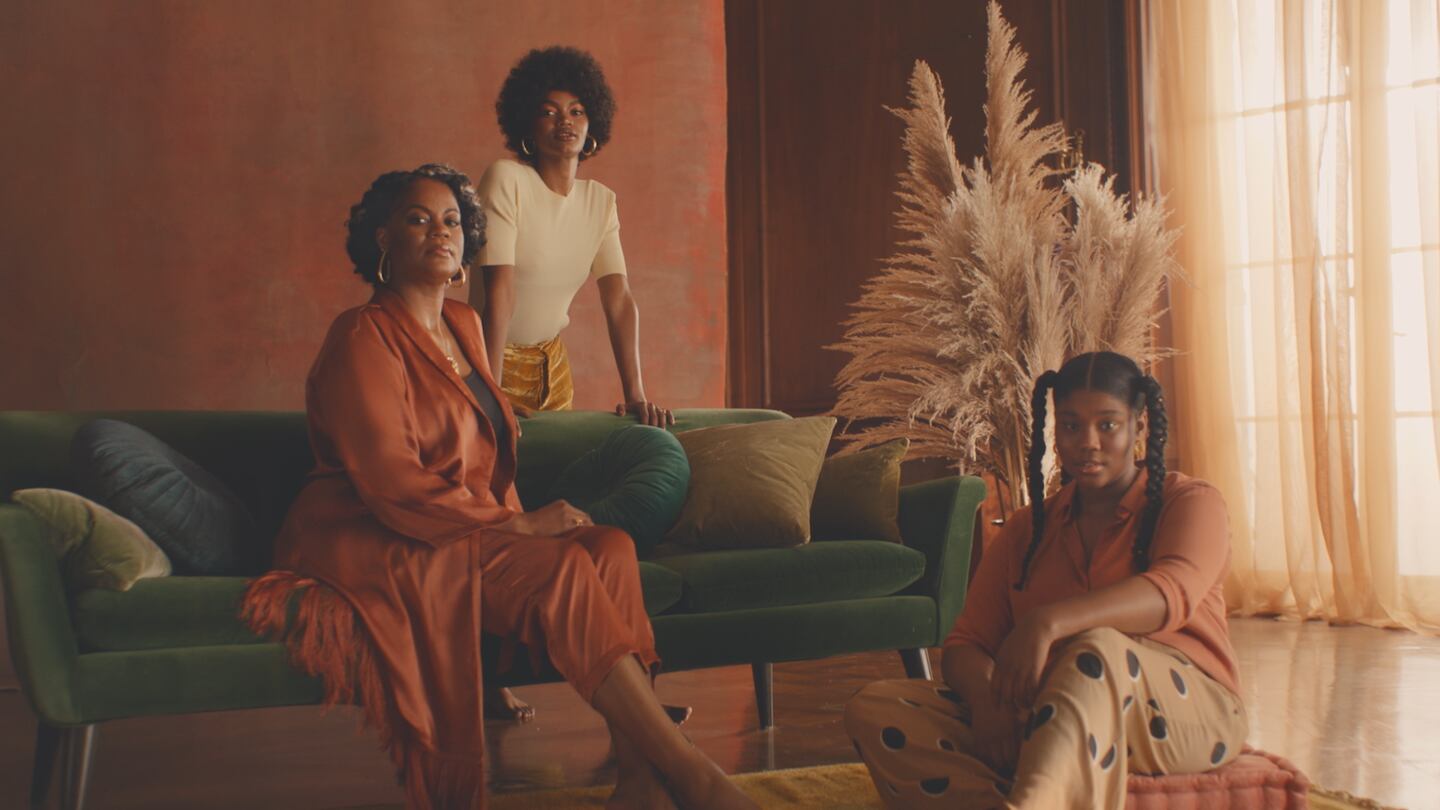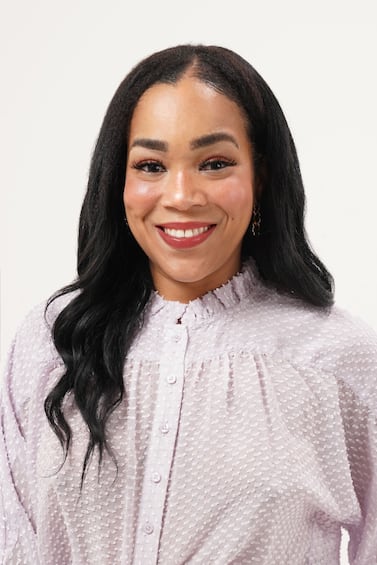
The Business of Fashion
Agenda-setting intelligence, analysis and advice for the global fashion community.

Agenda-setting intelligence, analysis and advice for the global fashion community.

Last February, Ulta Beauty said it would invest more than $25 million in a new set of diversity, equity and inclusion commitments, including expanded product assortment and marketing for minority-owned brands. It earmarked $4 million of that for promoting Black-owned labels.
A year later, the company is doubling down on those efforts.
The beauty purveyor, with annual revenue topping $6 billion in 2020, said last week that it is investing an additional $50 million into DEI initiatives, with about $8.5 million set aside for marketing Black-owned brands plus another $3.5 million for in-store merchandising that makes it easier for shoppers to find brands owned, founded and/or led by Black people.
“Once we started with those first set of commitments … we kept seeing that if we shifted certain things we could do more or we saw ‘yes, this [initiative] is helpful but, here’s now where we also have a gap,” said Karla Davis, Ulta Beauty’s vice president of integrated marketing.
ADVERTISEMENT
Across the fashion industry, some companies — Target, Ulta and Neiman Marcus among them — have been actively “growing and expanding” their DEI commitments year on year, said Heather Ibberson, retail analyst at retail data platform Edited, in an email. Efforts range from new accelerator programmes for minority start-ups to increased financial pledges.
It’s a sign that the industry hasn’t walked away from the pledges to address racial inequity made in the summer of 2020, even as pressure from consumers and activists has eased. If 2020 was the year of heightened awareness around racial equity in fashion, 2021 offered fertile ground for companies to plot their first steps. This year, experts say, is when companies must prove they view DEI as an ongoing, ever-evolving exercise.
Each brand and retailer’s approach is different. But, whatever the details of their strategy, a clear marker of progress is when companies set clear goals that include financial investments and a willingness to change tactics as feedback comes in.
“It would be a shame for companies to come out of the last two years that we had and go back to business as normal,” said Brandice Daniel, founder and CEO of Harlem’s Fashion Row. “How do you build something right now but that is sustainable over the next decade?”
From Talk to Action
While hundreds of fashion and beauty companies joined the chorus addressing race matters in 2020, the ones making the most progress to date have several things in common. They have hired diversity and inclusion advisors (Ulta tapped Tracee Ellis Ross, actress and founder of Pattern Beauty), they’ve partnered with organisations and nonprofits such as the 15 Percent Pledge to hold them accountable and they’re monitoring and reporting on their own progress year-round — not just during Black History Month, Ibberson said.
In addition to their promises to dedicate more shelf space to Black brands, some companies have gotten wiser about taking those commitments beyond offering a Black product aisle or blindly signing scores of minority labels with no real path for their long-term success. Ulta this year launched it Brand Partner Accelerator Program focused on “early-stage BIPOC” beauty brands, which promises to provide “time, resources and mentorship” to companies preparing to launch in retail. Meanwhile, 15 Percent Pledge signatories like Sephora, Nordstrom and MatchesFashion are given guidance on how to scale into Black-owned businesses by upping marketing investments and offering more favourable payment terms to emerging brands, the nonprofit has said.
DEI experts say the industry’s work has only just begun. For instance, even as venture capital funds going to Black founders nearly tripled in 2021, the total dollars going to Black entrepreneurs remains below 2 percent, according to Crunchbase.
ADVERTISEMENT
“It’s time to accelerate that progress that’s been made,” said Kendra Bracken-Ferguson, founder of BrainTrust Founders Studio, a platform launched in December that aims to help improve long-term business viability and revenue growth for Black entrepreneurs in beauty and wellness by giving them free access to resources like funding and mentorship from companies such as Shopify, Salesforce and JPMorgan Chase.
While many Black founders appreciate the attention the past two years have put on them, “there’s a difference between praise, celebration and action,” she said.
Persistent Hurdles in Recruiting
Fashion and beauty firms need to make bigger strides in recruiting minority talent and addressing the issues that disparage Black employees in the workplace, said Russell.
“Companies have initiatives but if you look at who’s showing up on their calls, there are still very few times when there is a person of colour,” she said. “And it’s not because [minorities] don’t want to, it’s because the companies don’t have them in their doors.”
Neiman Marcus Group said “racial and ethnic” diversity among participants in the company’s Executive Development Program has grown to 44 percent from 33 percent a year ago. The eight-week training program guarantees participants placement as assistant buyers at the company.
The recruitment gains were the result of changes the company made in the last two years to how it finds candidates, said Eric Severson, Neiman Marcus’ executive vice president and chief people and belonging officer, including targeting applicants on platforms like diversityjobs.com in addition to LinkedIn and Indeed.
Support for education initiatives is proving particularly popular to address problems in the talent pipeline.
ADVERTISEMENT
For decades, companies had blamed dismal diversity numbers in their executive ranks on a lack of qualified candidates. Scholarships, mentorship programmes and other support for Black youth and early career professionals are seen as a way to improve the industry’s talent pipeline. Neiman Marcus this month launched a fundraising campaign across its 37 stores, which will run for three months, with proceeds going towards Virgil Abloh’s scholarship fund. Macy’s said its donated $600,000 to the United Negro College Fund since 2021, benefiting more than 100 students.
PVH Corporation, Capri Holdings and Tapestry are among the fashion firms to have donated a combined $1 million to launch the Social Justice Center at New York’s Fashion Institute of Technology in December. The centre aims to provide mentorship and educational resources to Black youth as early as middle school. It also works with Black professionals who have “hit a glass ceiling” in their careers to address and eliminate barriers at their employers, said Joyce Brown, FIT’s first Black woman president and the centre’s founder.
“At the end of the day, it really isn’t going to make much of a difference if we create the pipeline and the pathway and we do all of these things for these young people and we send them immediately into a culture that has really only created obstacles in the past,” Brown said.
As public pressures taper off from their highs in the summer of 2020, companies are required to become more diligent in making sure their own efforts don’t fade away. This year, Neiman Marcus said it will mandate that hiring panels for certain executive roles must include diverse leaders to help “interrupt biases” that can show up in the recruitment process.
“If we do this right, the journey is never over,” Severson said. “You’re always going to be imperfect … but when you put yourself out there … and say what your goals are, you allow the public, community and investors to hold your feet to the fire.”
Over the last year, unprecedented industry support has helped to level the playing field, but Black founders still face plenty of hurdles.
Black-owned brands are in the spotlight, but some entrepreneurs worry that aligning their own racial identities with those of their brands will alienate some customers — and not all retailers are coming to them with mutually beneficial offers.
Some Black creatives say they’re worried the industry is already moving on from its recent focus on racial injustice, leaving them to carry the load.

Sheena Butler-Young is Senior Correspondent at The Business of Fashion. She is based in New York and covers workplace, talent and issues surrounding diversity and inclusion.
Discover the most exciting career opportunities now available on BoF Careers — including jobs from Hugo Boss, Banana Republic and House of CB.
To provide actionable insights and inspiration on how fashion and retail industries can further embed diversity, equity and inclusion in the workplace and business strategies today, BoF Careers co-hosted a panel discussion with The Outsiders Perspective. Now, BoF shares key learnings from the panel.
A US regulator has banned most uses of the clauses, which started as a way for fashion companies to prevent senior executives from walking off with trade secrets, but have become a standard retention tool.
Check out this week’s new partners and openings on BoF Careers, the global marketplace for fashion talent.